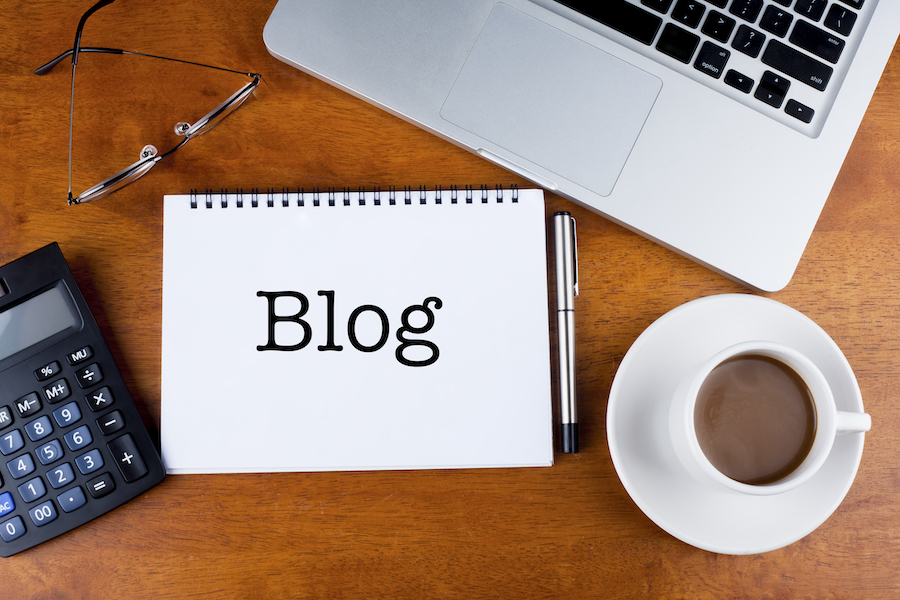Relaxation is an important part of taking care of our physical and mental well-being. When we take the time to relax, we are allowing our minds and bodies to rest, recharge, and rejuvenate. With the right practices in place, relaxation can be a powerful tool to help us manage stress, increase focus and productivity, and enjoy life more.
In this article, we’ll take a look at the benefits of relaxation, some of the most popular relaxation techniques, how to set up a relaxation space, and how to establish a relaxation routine.
I. Introduction
A. Definition of relaxation
Relaxation is the process of releasing physical and mental tension. When we relax, our minds and bodies are able to rest and restore their energy. Relaxation can take many forms, from calming activities like reading or listening to music, to more active pursuits like yoga or a walk in the park.
B. Benefits of relaxation
Some of the most common benefits of relaxation include improved sleep quality, increased focus and productivity, better stress management, and improved mood. Relaxation can also help reduce muscle tension, improve cardiovascular health, and reduce the risk of diseases such as hypertension and diabetes.
II. Types of Relaxation Techniques
A. Meditation
Meditation is one of the most popular relaxation techniques. It involves focusing on the present moment and allowing any thoughts or feelings to come and go without judgment. Meditation can be done alone or in a group setting and can involve visualization, mantras, and mindfulness exercises.
B. Yoga
Yoga is a practice that combines physical postures, breathing exercises, and meditation. It is believed to help improve overall physical and mental well-being. Practicing yoga can help reduce stress, improve flexibility and strength, and promote relaxation.
C. Breathing Exercises
Breathing exercises are another popular type of relaxation technique. These exercises involve focusing on the breath and consciously controlling its rhythm and depth. Deep breathing can help reduce stress, regulate the nervous system, and improve overall physical and mental well-being.
III. Setting Up A Relaxation Space
A. Choosing A Space
When it comes to setting up a relaxation space, the most important thing is to choose a space that is comfortable and inviting. This can be anywhere from a quiet corner of your bedroom to a sunny spot in your living room. The goal is to choose a space that is free from distractions and where you can relax and unwind.
B. Creating Comfort
Once you’ve chosen a space, it’s time to create comfort. This can involve adding furniture, such as a comfortable chair or a yoga mat, or items such as blankets and pillows. You may also want to add items that bring you joy, such as plants or artwork, to make the space more inviting.
C. Creating an Atmosphere
Finally, creating an atmosphere can help enhance your relaxation experience. This can involve adding items such as candles, incense, or essential oils to create a calming scent. You may also want to add music, a nature soundtrack, or white noise to help create the perfect atmosphere for relaxation.
IV. Relaxation Practices
A. Scheduling Relaxation Time
Once you’ve set up your relaxation space, it’s important to set aside time each day to practice relaxation. This can be as little as 10 minutes a day, or as much as an hour. Scheduling regular relaxation time can help ensure that you are taking time to rest and recharge.
B. Setting Up A Relaxation Routine
In addition to scheduling time for relaxation, it’s a good idea to establish a relaxation routine. This can involve setting a regular time each day to practice relaxation techniques, such as meditation, yoga, or breathing exercises. It can also involve creating an atmosphere with candles, incense, or music, or indulging in a calming activity such as reading or listening to music.
Conclusion
A. Summarizing relaxation benefits
Relaxation is an important part of taking care of our physical and mental well-being. It can help reduce stress, improve focus and productivity, and improve overall physical and mental health.
B. Importance of a relaxation space
Creating a relaxation space and establishing a regular relaxation routine can help ensure that you are taking time to rest and recharge. When practiced regularly, relaxation can be a powerful tool to help you manage stress, increase focus and productivity, and enjoy life more.
By taking the time to create a relaxation space and implement relaxation techniques and practices, you can reap the physical and mental benefits of relaxation and enjoy greater well-being.


